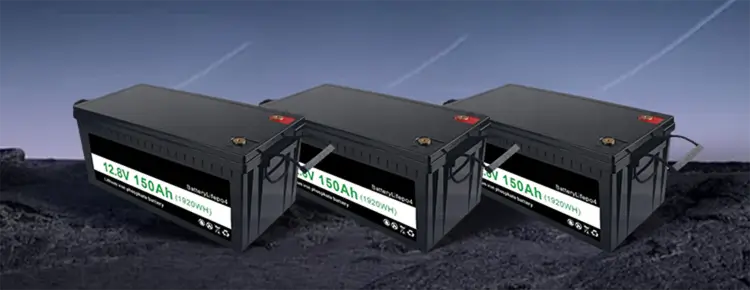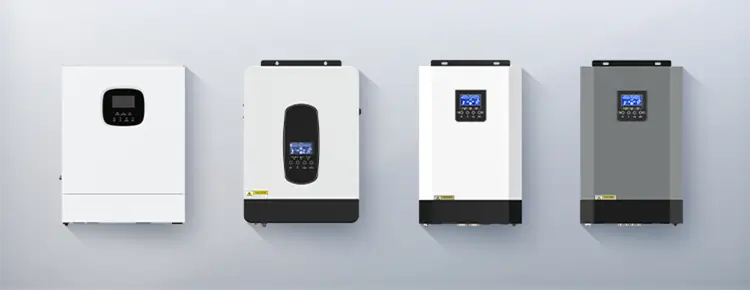



Blog
Hot Category
Latest Blog
08 Jan 2025
Nlelsen
In the power supply system of RVs, LiFePO4 (lithium iron phosphate) batteries are gradually becoming the mainstream choice. This is the result of the combined effect of multiple factors.
RVs may face various complex environments and conditions during travel, and the safety of batteries is crucial. LiFePO4 batteries have significant safety advantages over some other battery types. Its chemical properties determine that it has low reactivity and stability at high temperatures, and it is not easy to overheat or catch fire. This is extremely critical for RVs, because the internal space of RVs is relatively closed. Once the battery has dangerous conditions such as thermal runaway, the consequences will be disastrous.

LiFePO4 batteries have a long life and can withstand more charging cycles without significant loss of capacity or performance. In the use scenario of RVs, frequent battery replacement will bring many inconveniences, such as increased costs and travel time. And this long cycle life battery can provide stable power support throughout the service life of the RV, greatly reducing the frequency of battery replacement.
In the long run, since it does not need to be replaced frequently, the total cost of ownership of LiFePO4 batteries is lower throughout the use process. Although its initial purchase price may be relatively high, this cost advantage will become apparent over time.
When starting and running electrical equipment (such as air conditioners, microwave ovens, etc.) and coping with complex road conditions (such as climbing, etc.), RVs need batteries to be able to quickly and efficiently provide a large amount of power. LiFePO4 batteries have excellent power density and can meet these needs well. It can ensure the stable operation of the motor and other electrical equipment of the RV and provide sufficient power support.
LiFePO4 batteries have a flat discharge curve and can maintain a relatively stable voltage during discharge. This means that in actual use, when the RV is running various electrical appliances, the battery can use its capacity more efficiently. Compared with other batteries, it can provide longer power support, for example, when using lights, audio equipment, etc., the equipment will run longer.
The phosphates in LiFePO4 batteries are harmless, environmentally friendly and pose no threat to health. With the increasing awareness of environmental protection, this feature also makes it a good choice for RV batteries.
Compared with traditional lead-acid batteries, LiFePO4 batteries are lighter. In RVs, lighter battery weight helps to reduce the weight of the entire vehicle, which has a positive impact on the handling, fuel efficiency (for fuel RVs) or the range of electric RVs. For example, in caravan or marine applications, reduced weight can improve fuel efficiency, increase speed, and extend operating time.
Although lithium batteries have disadvantages such as high cost and general adaptability to extreme temperatures, with the development of technology, the cost is gradually decreasing, and through appropriate improvement measures, its performance in extreme temperatures can also be improved to a certain extent. Combining the above advantages, LiFePO4 batteries have become the first choice for most RVs.